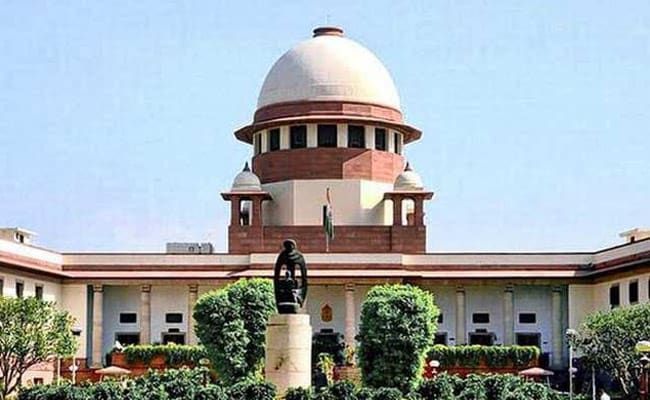 |
|
In a landmark decision, the Supreme Court of India has greenlit the sub-classification within the Scheduled Caste (SC) and Scheduled Tribe (ST) categories for reservation in jobs and education. This verdict, passed by a seven-judge Constitution bench led by Chief Justice of India DY Chandrachud, marks a significant shift in the Indian reservation policy, aiming to ensure that the benefits reach the most marginalized communities within these categories. The decision, reached with a 6:1 majority, overturns the 2004 judgment in the case of EV Chinnaiah vs State of Andhra Pradesh, which previously barred sub-categorization within the SC and ST categories.
The court's reasoning stems from the acknowledgment of the historical and systemic discrimination faced by certain groups within the SC and ST communities. The Chief Justice pointed out that the members of these categories are often unable to progress due to persistent discrimination. He highlighted the historical evidence showing that the depressed classes were not a homogenous group, emphasizing the need for a nuanced approach to ensure equitable distribution of reservation benefits.
Justice BR Gavai, in his concurring judgment, underscored the importance of social democracy for realizing the true potential of political democracy. He emphasized the different levels of hardships and backwardness experienced by various SC castes, highlighting the need to address these disparities. He also dismissed concerns about political motivations behind sub-classification, stating that the ultimate goal should be the achievement of real equality.
Justice Bela Trivedi, the lone dissenting judge, expressed her disapproval of the manner in which the case was referred to a larger bench without sufficient reasons. She argued that the reference to reconsider EV Chinnaiah after 15 years, without a clear justification, undermined the principle of judicial precedent.
The sub-classification decision is expected to have far-reaching implications for reservation policies in India. It signals a shift towards a more granular approach to address the specific needs of different groups within the SC/ST communities. The judgment has been welcomed by various social justice groups who believe it will ensure a fairer distribution of reservation benefits. However, it is crucial to monitor the implementation of this decision and ensure that it effectively addresses the historical injustices faced by the most marginalized groups within these categories.
Source: Supreme Court Okays Separate Quotas For Marginalised Among SC/STs
